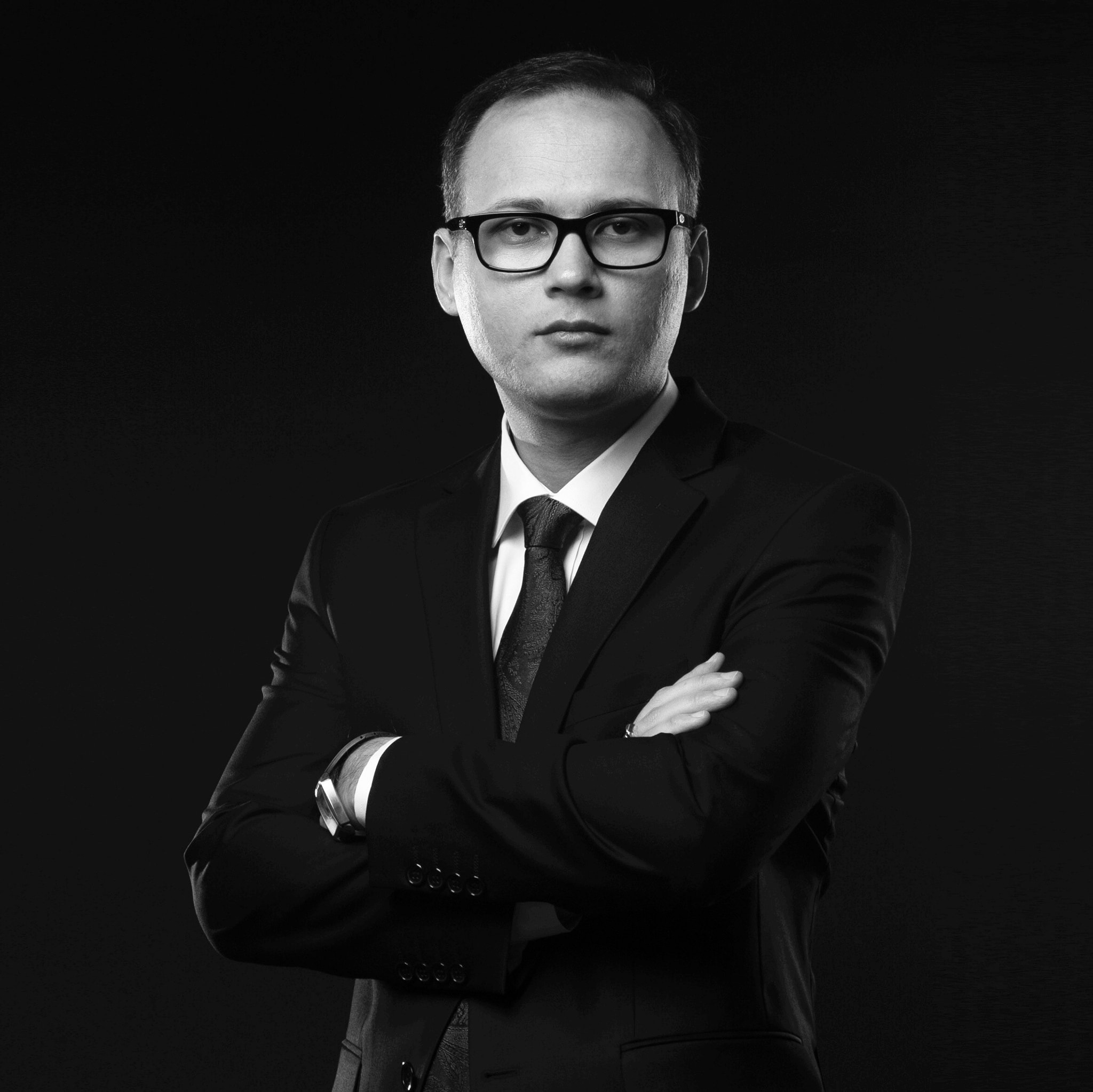Bouazizi’s immolation in Tunis marked the beginning of the Arab Spring, which has started in 2011. Regimes and dictators of varying degrees of bloodiness, that had been ruling Arab countries for decades were overthrown, some of them could get away, as, for example, President of Tunis Ben Ali, Mubarak was given up by his own people, Gaddafi wasn’t as lucky. Bashar Assad drowned his country in rivers of blood, but could stay in his presidential palace in Damascus. One of the victims of these landmarks was a President of the poorest Arab country that is Yemen, Ali Abdullah Saleh.
Saleh and his clan ruled Yemen since 1978. Stable institutions of Government were not established in all that time and there was no hint of democracy. That’s why when the Arab Spring began the Government was taken by surprise and Saleh had nothing in his arsenal, but solution through the armed force. From the other side, maybe it’s not easy to establish democratic institutions in poor country, which is divided by religious and clan contradictions. Having survived the attempt on his life on 3 July 2011, Saleh left for Saudi Arabia for treatment for a few months. He came back to Yemen in September and faced again with the protests. That time understanding that he lost, he accepted the plan proposed by GCC. According to this plan, he would retain his post of Honorary President for a few more months and still control security forces of Yemen.
The Parliament of Yemen granted Saleh full and lifelong immunity. Unlike Gaddafi and Assad, Saleh had normal relations with USA and Saudi Arabia, and he was not at risk of international prosecution. He could retire and enjoy his looted wealth. But as we already know, he didn’t. Obviously, the most powerful drug – thirst for power, was stronger than the common sense. Since that, Ali Abdullah Saleh’s role and activities were a bit foggy. Saleh and his followers were the one who supported Houthis, when Houthis lifted a revolt against new authorities. This continued until November 2017.
According to Houthis, Saleh had engaged in consultations with UAE, Russia and Jordan representatives through secure means, before he announced the break. Let’s not forget that his alliance with Houthis, supported by Iran, was situational for Saleh and didn’t carry any ideological shade. As a President, Saleh had been struggling with Houthis for decades. Obviously, given those circumstances, Saleh treated the situational alliance as a tool for returning to power, but this time he was sadly mistaken – neither Houthis, nor powers behind them needed a “new old President” Saleh leading the country.
Having realized the futility of the Alliance with Houthis and, probably, having received a good offer from the Arab Coalition, Saleh decided to change the camp. Saleh and Houthis’ alliance finally collapsed at the end of November. That’s when clashes in Sana’a broke out. In no time Saleh’s supporters seized control of the Capital, and nearly pushed Houthis out of the city. Saleh announced a break with Houthis and readiness for dialogue with the Arab Coalition in early December. But Houthis could regroup and knock Saleh’s supporters out of the city. The former President of Yemen, who ruled for 33 years, was attacked and killed by Houthis’ militia, while trying to leave Sana’a.
Notwithstanding the ambivalence of Ali Abdullah Saleh’s personality and role in Yemen’s political life, there was no other such powerful political figure in the country in the past 40 years and is unlikely to be any time soon. Saleh had extensive international links and he could hold a dialogue with the Arab Coalition and agree on the future architecture of Yemen. Of course, Saleh never forgot about his own interests.
Those who don’t want the war in Yemen to stop and have an interest in continuous involvement of Saudi Arabia and UAE in it, may benefit from Saleh’s murder.
People of Yemen simply became a victim of one regional Power’s attempts to create problems for the other regional Power.
Things might have been different for Saleh, without that incredible thirst for power and ongoing intrigues within tribal and clan elites of Yemen.
Paradoxically, however, Saleh took with him a little hope for peace.



Be the first to comment at "33 years of Governance were not sufficient for the old dictator"